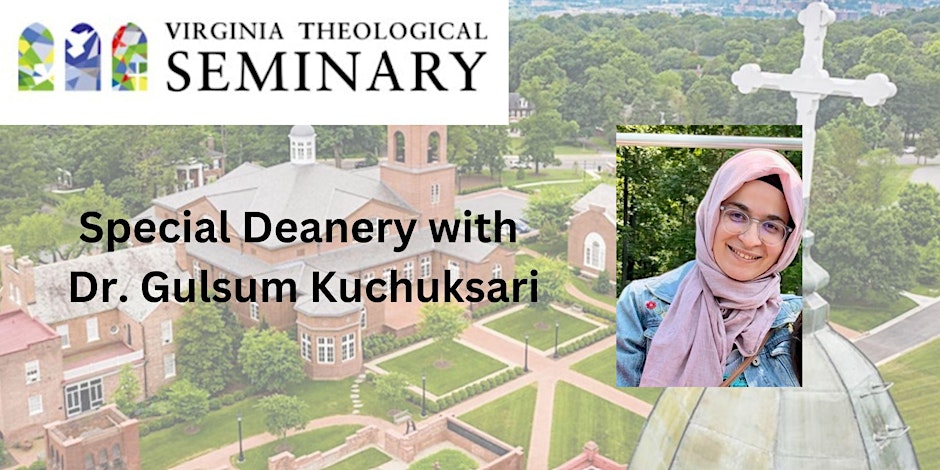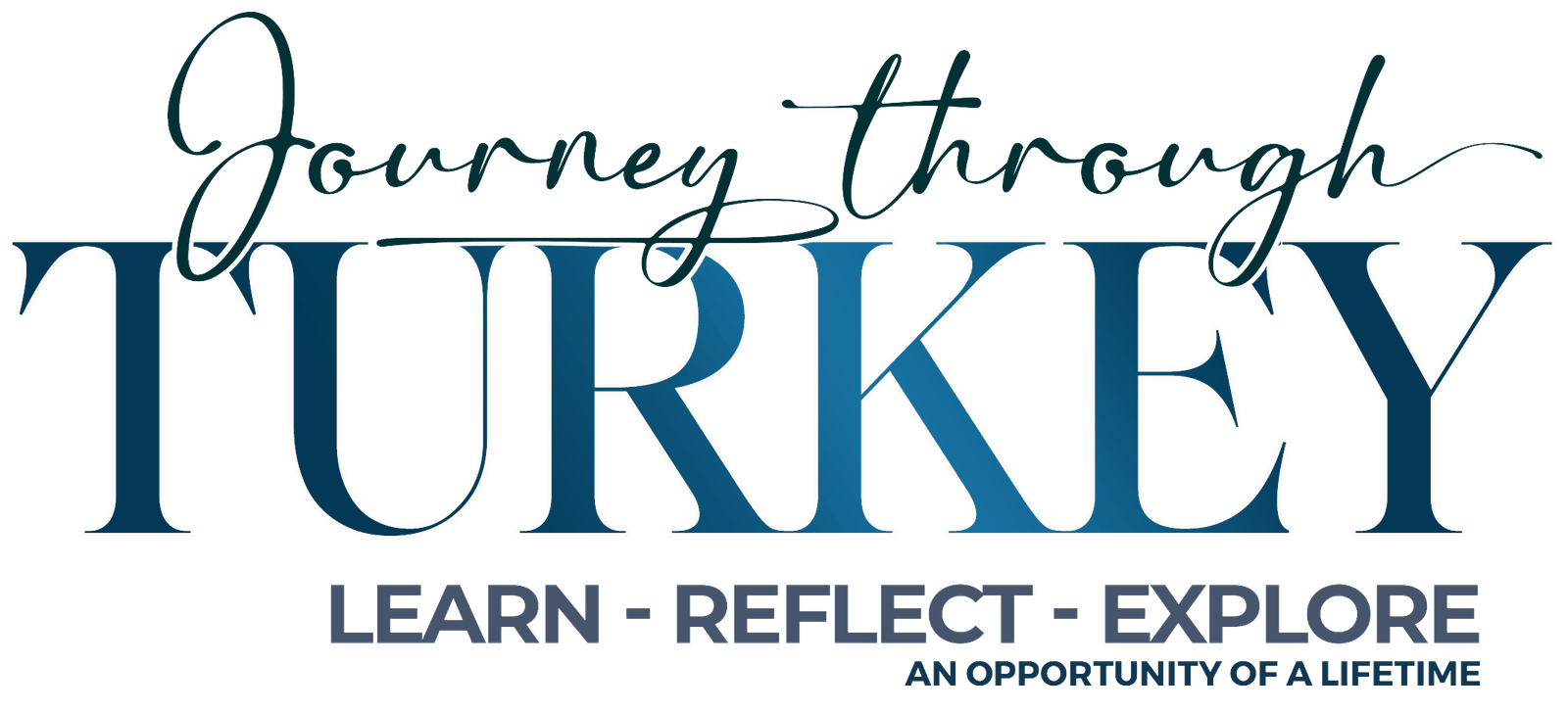Organizing Institution: Virginia Theological Seminary
Contact email: [email protected]
Start Date: May 1, 2024 (7:00pm)
End Date: May 1, 2024 (8:30pm EDT)
Cost: Free
Website: https://www.eventbrite.com/e/approaching-the-quran-with-an-open-mind-tickets-883320353957?aff=ebdssbdestsearch
Saint Martin's Deanery – Alexandria – Virginia – United States
وَلَقَدْ يَسَّرْنَا ٱلْقُرْءَانَ لِلذِّكْرِ فَهَلْ مِن مُّدَّكِرٍۢ
“And We have certainly made the Quran easy to remember. So is there anyone who will be mindful?” (Qur’an 54:17, 22, 32, 40)
I was recently asked, if the violence we see in the Middle East stems from the teachings of the Qur’an. How do we move beyond this predisposed perspective and approach the Qur’an with an open mind?
Here is a try.
First, it is a gross error to assume that understanding the Qur’an alone equates to grasping the complexity of the Muslim world. This disregards the necessity of acknowledging centuries of history and political dynamics.
Secondly, this disregard often stems from reading the Qur’an with the expectation that it conforms to the linear structure of logic that we are accustomed to appreciating. The Qur’an diverges from “conventional narrative” by employing a ring composition, narrating in a circular fashion. It utilizes chiastic patterns, repetitions, nested rings, and symmetry. Verses at the end of a chapter mirror those at the beginning, suspending the reader and transitioning to another point at dramatic moments. Repetitions serve as markers of the overall theme, keeping the reader’s attention span heightened.
The Qur’an is an invitation to think outside the box of straightforward prose, thereby discouraging quick judgments. It is unrealistic to comprehend its message by merely picking it up, reading a few lines, and making interpretations. The Qur’an is urging sincere attention from its readers to delve deeper into its labyrinthine beauty to unravel its profound wisdom.
Let’s give it a try by comparing it to some Biblical ring structures.
BIOGRAPHY
Dr. Gulsum Kuchuksari is a faculty in the Department of Critical Race, Gender& Culture at American University and has been teaching Islamic, Arabic and Middle Eastern Studies at different campuses and seminaries for many years. She earned her PhD in Middle Eastern Studies from the University of Arizona and an MA in Islamic Studies and Christian-Muslim Relations from Hartford Seminary. She also served as a Muslim and interfaith chaplain on colleges& hospitals and has been dedicated to interfaith dialogue for many years. She writes on the intersection of nationalism, religion, and post-colonial theory in the late Ottoman Empire and early Turkish Republic. She most recently served as one of the instructors for Abrahamic Faiths offered by Washington Theological Consortium and is set to teach Islam and the Modern World at Virginia Theological Seminary in Fall 2024.
Saint Martin's Deanery
3630 Seminary Road
Alexandria , Virginia 22304 United States
+ Google Map



